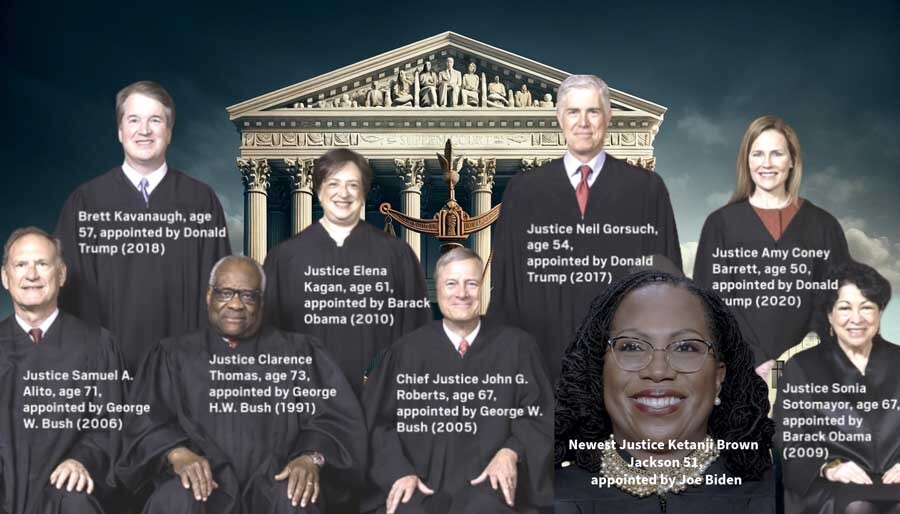 News Staff
News Staff![]() -
January 17, 2024 -
2024 Election -
Donald Trump
Supreme Court
-
1.2K views -
0 Comments -
0 Likes -
0 Reviews
-
January 17, 2024 -
2024 Election -
Donald Trump
Supreme Court
-
1.2K views -
0 Comments -
0 Likes -
0 Reviews

DLNews Legal Eagles:
The Critical Role of the Supreme Court
As America approaches the 2024 elections, the Supreme Court finds itself at the heart of a pivotal legal debate involving former President Donald Trump. The nine justices, forming a 6-3 conservative majority including three Trump appointees, are poised to address significant questions. These include the extent of presidential immunity and the constitutional requirements for ballot eligibility, particularly in states mandating U.S. citizenship for candidates.
The Legal and Political Landscape
This juncture is not merely legal; it's intensely political. The Court's decisions could reshape the political landscape, influencing the upcoming election and potentially setting precedents for generations. Amidst heightened political tensions, the justices, while striving to maintain the Court's integrity as an impartial arbiter of law, face a daunting task. Their rulings could either reaffirm or challenge the Court's perceived neutrality.
The Supreme Court's Challenges and Public Perception
The case thrusts the Supreme Court into new legal territory, examining whether Trump's actions post-election align with constitutional provisions against insurrectionists holding office. This inquiry extends beyond the legal realm into issues of institutional credibility. Justices Kagan, Sotomayor, and Chief Justice Roberts, known for their institutionalist views, face the challenge of navigating this case without appearing politically motivated, especially given the lower court rulings that have kept Trump on the ballot.
Ethical concerns, such as gifts received by Justices Thomas and Alito from wealthy donors, further complicate the public's trust in the Court's independence. Despite these challenges, there's a noticeable hesitance among Democratic politicians to propose structural changes to the Court, such as jurisdictional limits or tenure modifications.
The Polarization Factor
The case underscores the dangers of presuming that Supreme Court decisions will mirror the ideological leanings of its members. The case of Anderson v. Griswold, brought by the Colorado Republican Party, highlights this complexity. A simplistic ruling could leave other states grappling with similar issues unresolved. Justices are expected to offer nuanced opinions, understanding the potential ramifications of decisions perceived as politically biased.
The Implications for Public Trust in the Judiciary
The Court's rulings in the Trump case are pivotal for its public standing, which has been wavering amidst divisive opinions on its power and recent reversals of longstanding precedents. The timing is crucial, as decisions need to be made swiftly to align with primary election timelines.
A Test of the Supreme Court's Independence
The Supreme Court's handling of the Trump-related cases presents a formidable challenge. It's not just a matter of legal interpretation but also one of maintaining judicial independence in a politically charged environment. The outcomes of these cases will not only influence immediate electoral processes but also define the public's trust in the judiciary, marking a significant moment in the Court's history.

At Desert Local News, connections are everything. We're not just another social networking platform—we're a lively hub where people from all walks of life come together to share stories, spark ideas, and grow together. Here, creativity flourishes, communities grow stronger, and conversations spark global awareness.
Share this page with your family and friends.